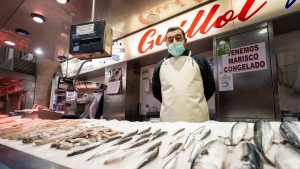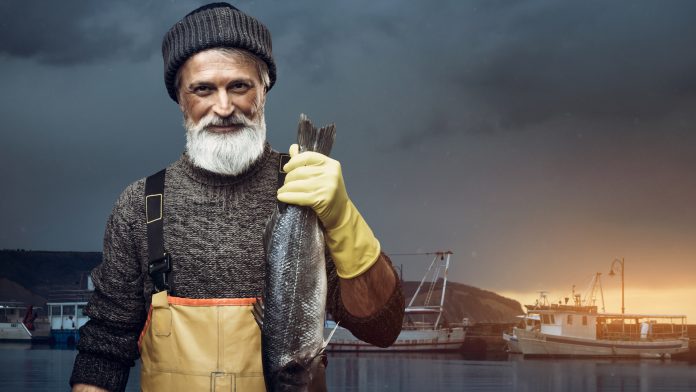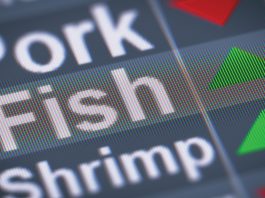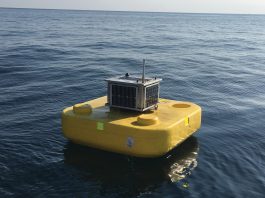In 2020, approximately 20% of funding from the European Maritime and Fisheries Fund has been invested in the aquaculture sector, but how has this fishery funding been allocated?
According to the European Commission, aquaculture is a high-potential economic sector with an estimated worldwide output of €1.3 trillion, which is predicted to double by 2030. The Commissioner for the Environment, Oceans and Fisheries, Virginijus Sinkevičius, announced that the Commission would increase transparency in the negotiating process on the annual fishing opportunities and fishery funding.
In a meeting with Pew Charitable Trusts, Fisheries Secretariat, Oceana, Seas at Risk, Coalition Clean Baltic, WWF, Our Fish and ENT, Commissioner Sinkevičius said: “When EU Fisheries Ministers decide on the allocation of fishing opportunities, a lot is at stake: for the environmental sustainability of fish stocks and the marine environment, as well as the economic sustainability of our coastal communities.
“This is why it is important that such decisions are taken in a transparent way. An open dialogue with the civil society and our stakeholders will also help us to reach as many of our citizens as possible.”

How to access fishery funding
The European Maritime and Fisheries Fund helps fishermen transition to sustainable fishing by financing projects that create new jobs and improve quality of life along European coasts. Find out if your project is eligible to this funding by checking with the national authority in charge of managing the operational programme in your country.
The European Commission led funding instrument, Horizon 2020, has funded a myriad of projects in the aquaculture sector, such as:
- PrimeFish: this four year project aims to economic sustainability and competitiveness of aquaculture in Europe. PrimeFish will assess the non-market value associated with aquaculture and captured fisheries as well as the effectiveness of regulatory systems and thereby provide a basis for improved societal decision making in the future. PrimeFish has received €4,997,912.50 from Horizon 2020.
- AquaSpace: the goal of AquaSpace is to provide increased space of high water quality for aquaculture by adopting the Ecosystem Approach to Aquaculture (EAA) and Marine Spatial Planning (MSP) and so to deliver food security and increased employment opportunities. AquaSpace has received €3,198,914 from Horizon 2020.
- ParaFishControl: improving understanding of fish-parasite interactions by developing innovative solutions and tools for the prevention, control and mitigation of the major parasites affecting Atlantic salmon, rainbow trout, common carp, European sea bass, gilthead sea bream and turbot. ParaFishControl has received €7,800,000 from Horizon 2020.
- ClearSalmonLice: ClearSalmonLice is aiming to offer a sustainable, cost-efficient solution to lice in the aquaculture production of Atlantic salmon. ClearSalmonLice has recieved €50,000 from Horizon 2020.

COVID-19 support for aquaculture
The COVID-19 pandemic has had a great impact on the aquaculture sector. Scottish aquaculture businesses affected by the collapse of international markets as a consequence of the COVID-19 pandemic can apply to have the costs of maintaining unsold stock through a new €1.4m fund. Funded by the EU European Maritime and Fisheries Fund, the scheme will support businesses by compensating for the costs of transport, processing, and cold storage for salmon, trout, and shellfish until the end of 2020.
“This has been a challenging time for the aquaculture sector with businesses unable to bring products to market but continuing to face high operational costs,” Scotland’s Rural Economy Secretary Fergus Ewing said.
The European Commission has announced that it will be providing financial compensation for fishers that have to temporarily stop operating and aquaculture farmers that must suspend or reduce their production. The Commission will also offer support for producers to temporarily store fishery and aquaculture products.
Defra and HM Treasury have announced the distribution of £10m in financial assistance for England’s fishing and aquaculture businesses in response to COVID-19. There will be two fishery funds under this project, the first of which is a £9m project, called the Fisheries Response Fund (FRF). The FRF will directly contribute towards the fixed business costs of over 1000 catching and aquaculture businesses that have been adversely impacted by the downturn of export and domestic markets for fish and shellfish. The second project, called Domestic Seafood Supply Fund, will provide £1m to support the sale of fish locally.





